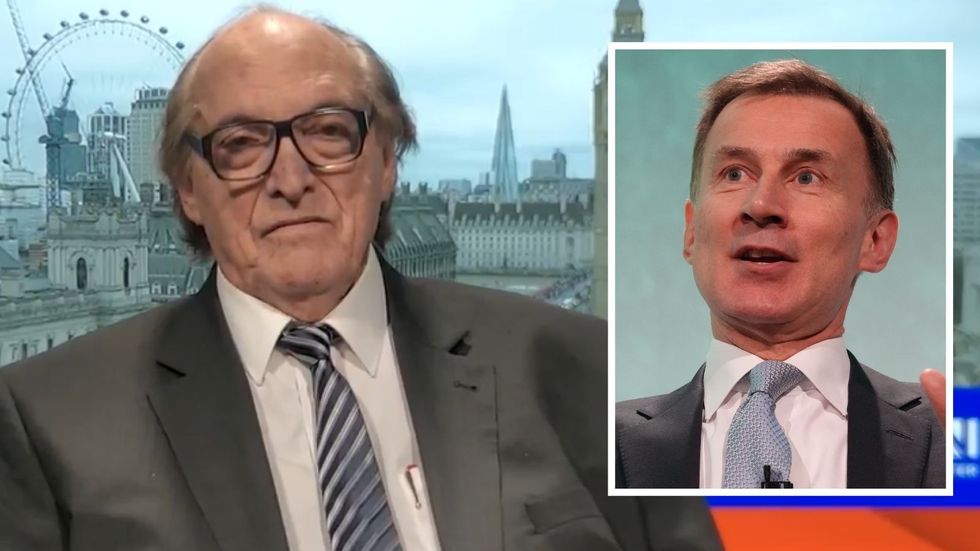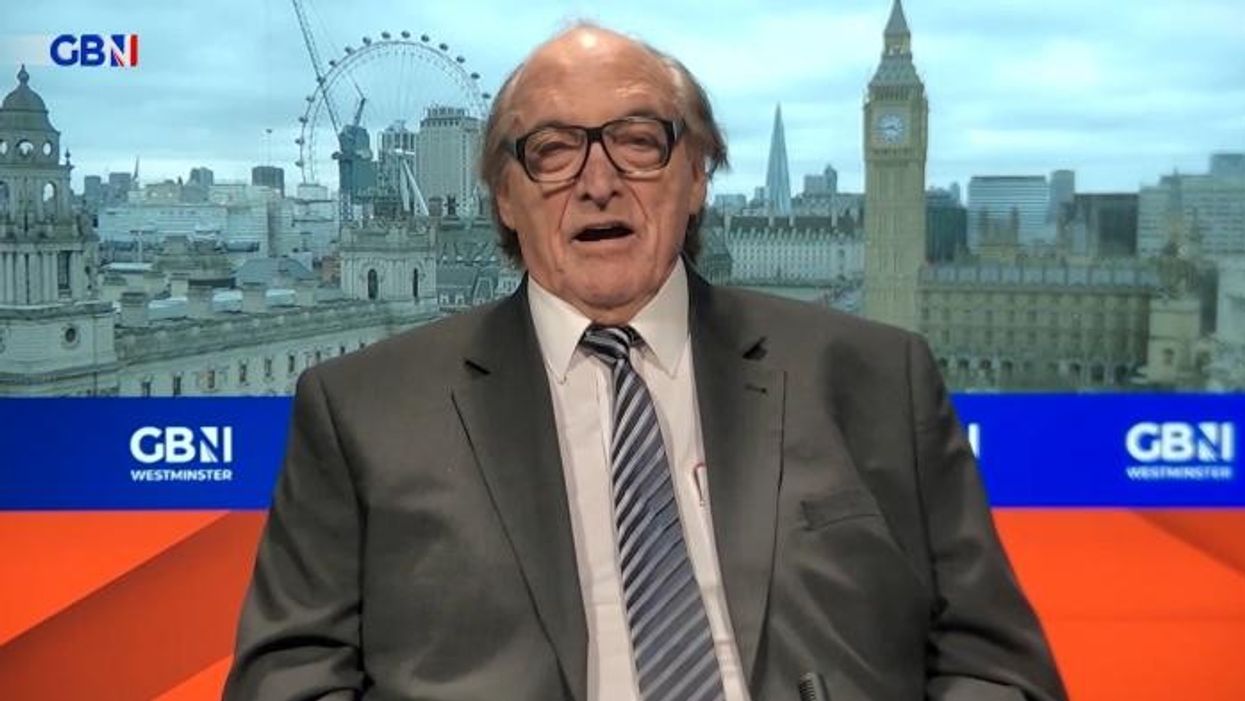An estimated 900,000 pensioners face being taxed on their state pension due to a six-year "stealth" tax brought in by Rishi Sunak
Don't Miss
Most Read
Trending on GB News
More and more pensioners are being dragged into paying tax each year after the Conservative Government "changed the goalposts", an expert has warned.
An estimated 900,000 people who solely get the state pension are set to be taxed in the 2024/25 financial year. Many other retirees who assumed they would be below the tax threshold are edging closer to, and in some cases breaching, the personal allowance, which is frozen at £12,570 until 2028.
Nearly one million of those who claim the marriage allowance, which allows a low earner to transfer part of their personal allowance to a basic rate taxpaying spouse or civil partner, will be taxed on part of the state pension after it rises by 8.5 per cent in April.
The tax band freeze, introduced by Prime Minister Rishi Sunak and extended by Chancellor Jeremy Hunt, means as income rises, such as the state pension increasing in line with the triple lock, those on low income could breach the tax threshold.
Have you been affected by frozen tax thresholds? Get in touch by emailing money@gbnews.uk.

Dr Roger Gewolb said the Government has "changed the goalposts" by freezing the tax thresholds
GB NEWS | PA
Speaking to GB News, financial entrepreneur and champion for fairness Dr Roger Gewolb said: “A stealth tax is nothing other than when you raise taxes, but without raising the actual rate.”
He explained that while Chancellor Jeremy Hunt may say he “hasn’t touched the tax rate”, it’s still a tax grab.
“What he's done is move the goalposts and more people fall into the tax net and fall in for larger amounts,” Dr Gewolb said. “So people who aren't currently paying tax fall in.”
The former adviser to the Bank of England explained as inflation drives prices up, wages will “need to rise a bit to meet them”.
However, with tax thresholds frozen, people may find they breach the threshold and are dragged into another rate of tax.
Non-taxpayers could then be moved into the 20 per cent tax band, and basic rate taxpayers could find they are dragged into the 40 per cent “higher rate” level, which is frozen at £50,271 to £125,140.
The 40 per cent tax rate only applies on parts of taxable income between £50,271 to £125,140, but it has another impact, regarding savings. That’s because higher rate taxpayers will see their personal savings allowance – the amount adults can save tax-free – slashed from £1,000 to £500.
Dr Gewolb warned: “That's fiscal drag. They are literally dragged into paying taxes or paying taxes in a higher bracket.”
Dr Gewolb called the measure "terrible" and said unfreezing the "arbitrary thresholds" so nearly one million pensioners and millions of other low income Britons struggling to get by don't fall into the tax net would make a "tremendous difference".
Former pensions minister Baroness Ros Altmann has also urged the Government to increase the personal allowance.
She told The Telegraph: “Ideally, the Chancellor will raise the personal allowance so it remains above the full state pension.
LATEST DEVELOPMENTS:
“If not, it seems odd that the Government will be giving with one hand and taking back with another.
“It will be a worry to many of the lowest income pensioners that they will have to pay some tax on their state pension.
“Of course, millions of pensioners do already have incomes above the £12,570 personal tax threshold, but that will normally be because they have other income on top of their state pension.
“However, if those who have nothing else end up facing tax bills, they may not realise they are liable for tax and suddenly find they receive demands from the Inland Revenue, possibly with interest charged for late payment.”
A government spokesperson said: “Pensioners whose sole income is the new state pension and who have not deferred or receive protected payments do not pay any income tax, and this year we provided the biggest ever cash increase to pension payments, a 10.1 per cent rise.
“Our tax burden remains lower than any major European economy – and by increases to personal thresholds since 2010 we will have taken three million people out of paying tax altogether.”









